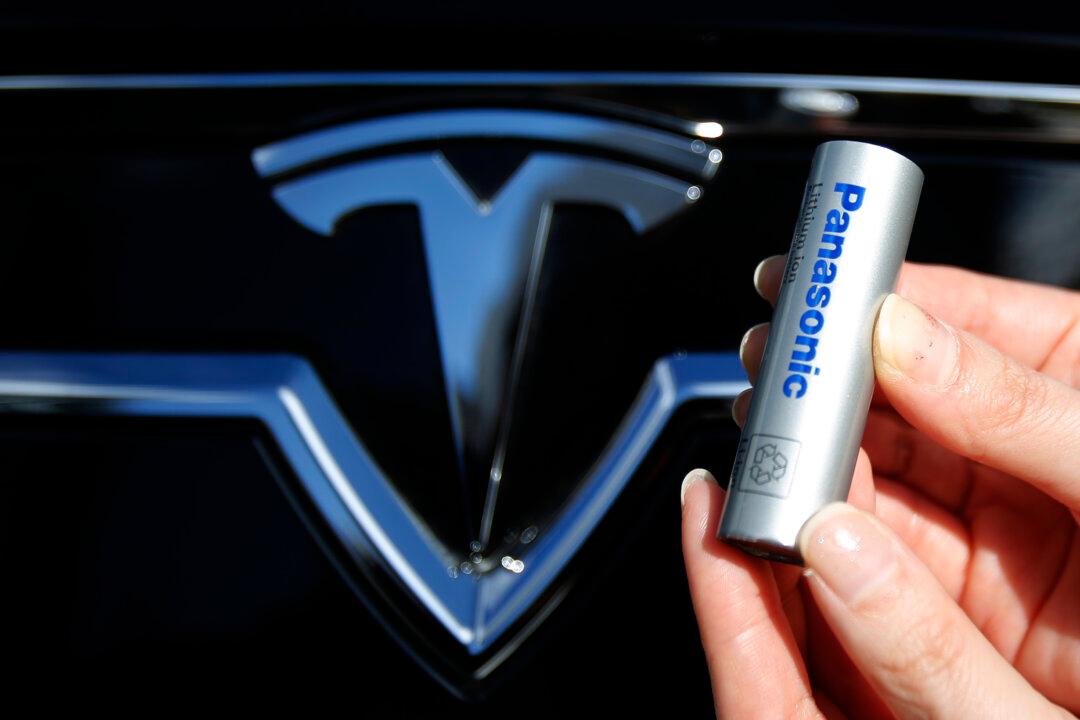Panasonic Holdings is set to increase the production of electric vehicle batteries at Tesla Gigafactory Nevada by roughly 10 percent by 2024, according to reports.
Nikkei Asia reports that Panasonic is looking to meet increased battery demand by optimizing the Nevada factory and sending production supervisors from Japan to the U.S. factory, which is a joint operation between Tesla and Panasonic.




